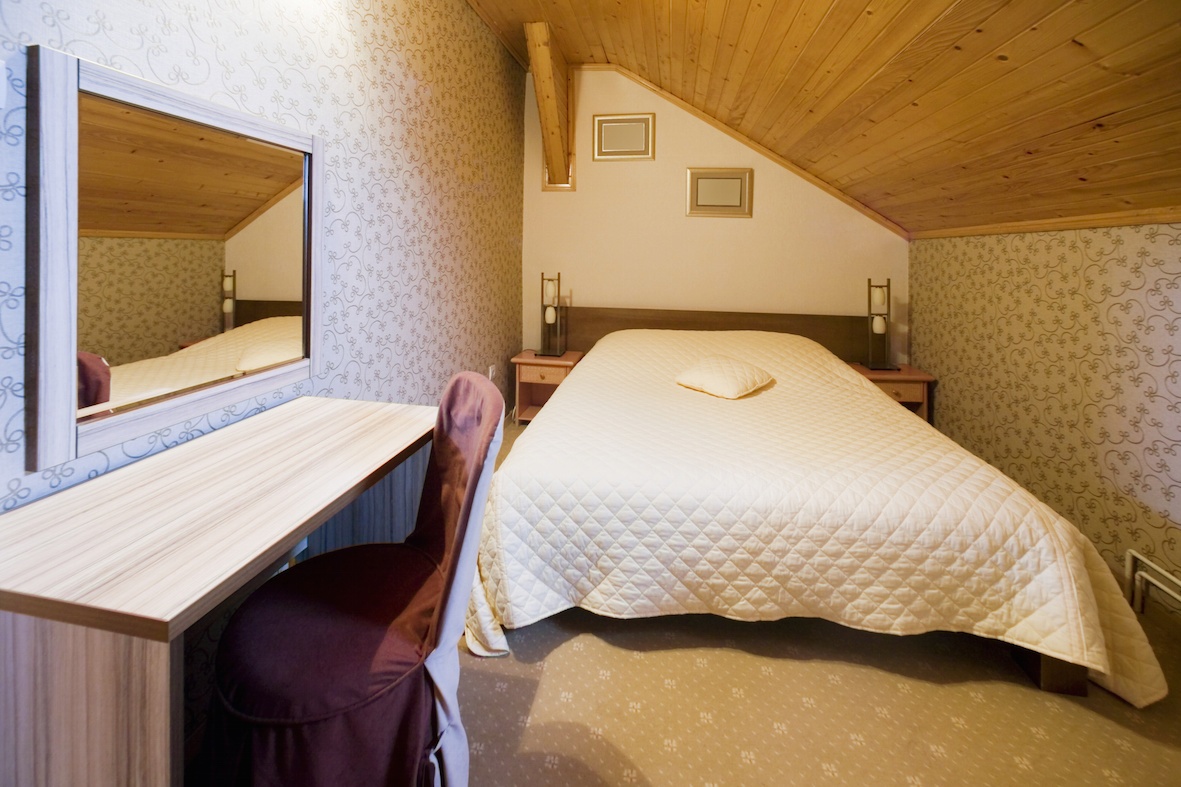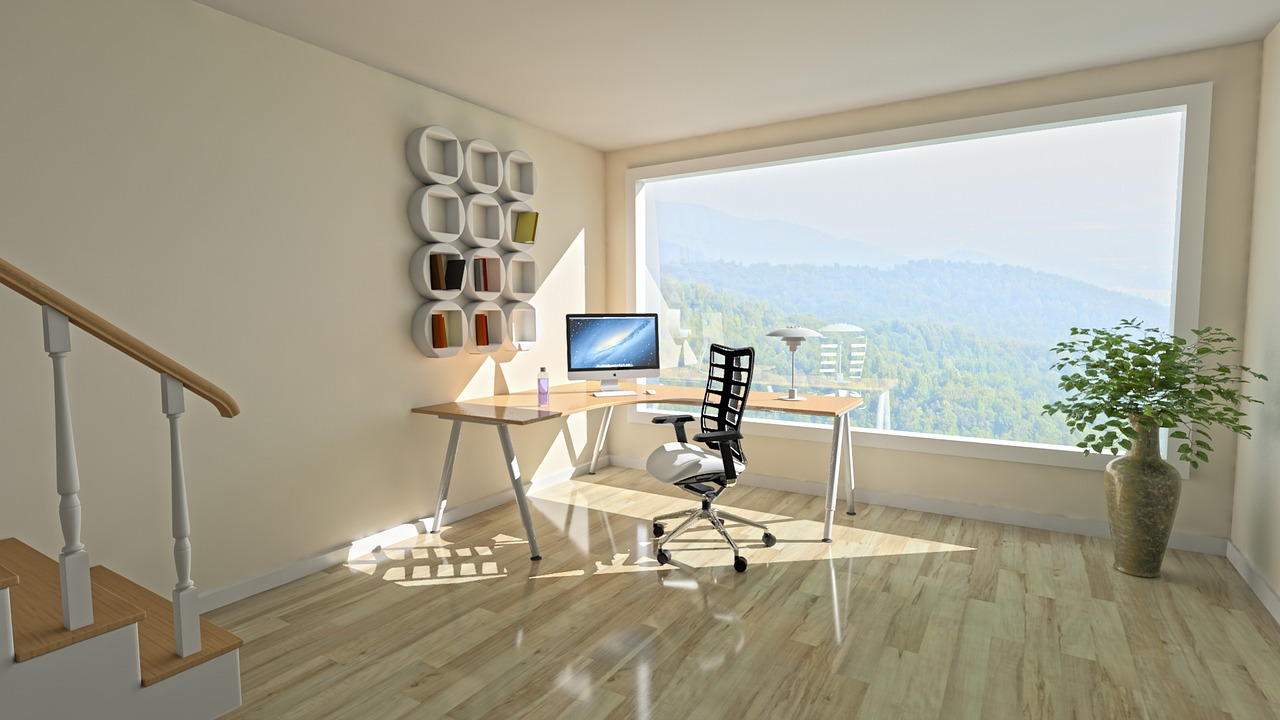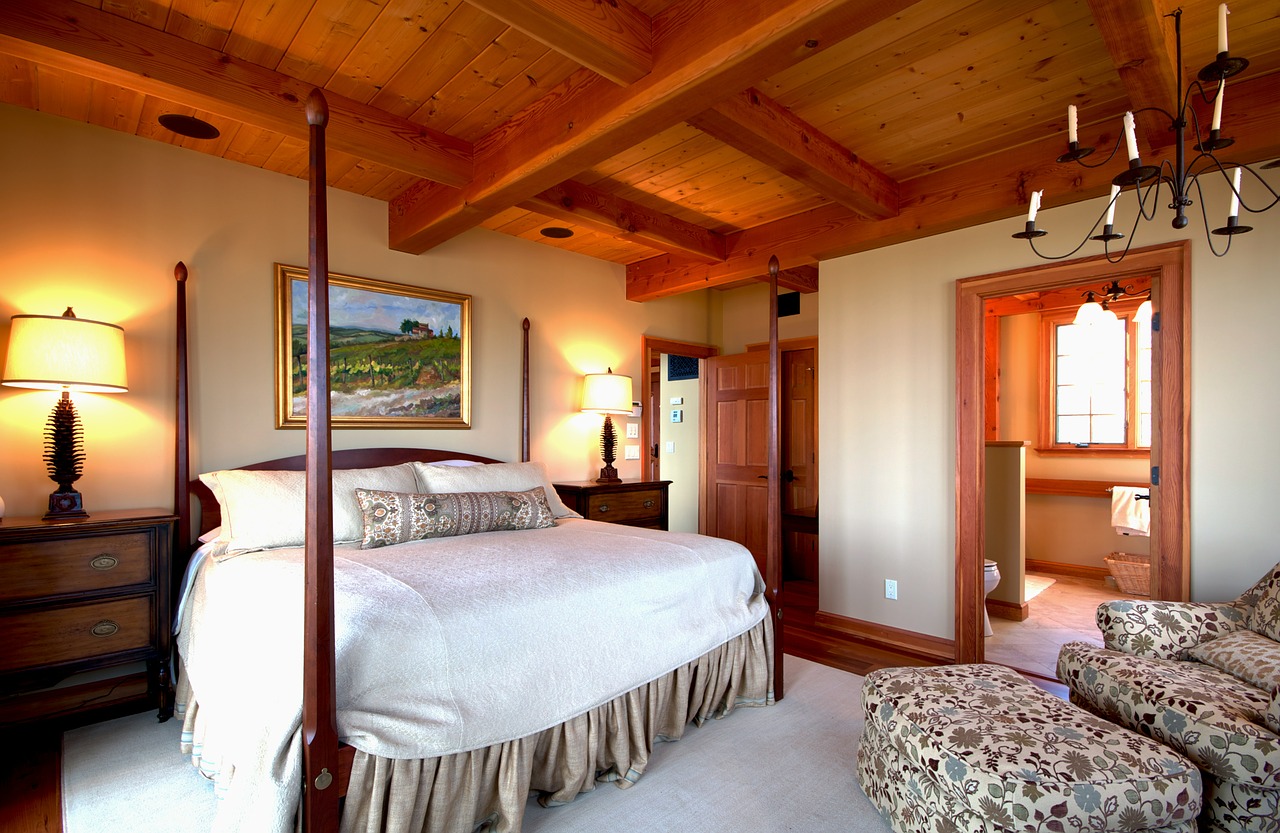You’d love to have a dedicated guest bedroom but you just don’t have the space. The kids’ rooms are just too small to double them up and use one of those tiny spots for a guest. Hmm…You do have that unused attic space. Would that work?
Converting an unused attic to a guest bedroom, or any finished room, is more complicated than just a coat of paint and some new flooring. You’ll be changing an area that was designed for storage into one designed for living and that requires following a process that aims to ensure the health and safety of everyone in the home.
Assessing the Possibilities
The first step in an attic conversion is to take a good look at the way your attic is constructed. You might want to get the opinion of an expert, such as a contractor or architect. If the attic in your Princeton home consists of rafters, that’s a point in your favor. However, if your attic is filled with trusses those will need to be altered and reconfigured to clear the space for renovation. The cost of such alterations may make them unfeasible, grinding your remodeling project to a halt right there.
If your attic passes this first step, the next is to look at probable ceiling height in the proposed guest room to see if it will meet building code requirements. You’ll also need to assess if the attic floor is strong enough to support a finished space, which will weigh considerably more than an unfinished one. You may need to reconfigure the floor joists to meet code requirements.
Planning the Finished Space
Unless you have extensive experience, you should probably consult an architect or contractor when planning the space. You’ll need to meet building code requirements for egress; typically this means two ways—a door and a window—out of a bedroom space in case of fire or other emergency. Other aspects of your project that will need to meet codes include stairway dimensions, electrical and heating/air conditioning systems, and insulation. If you want to include a bathroom to create a guest suite, plumbing needs to be thoroughly considered in planning the space’s configuration.
Storage
If your plan has passed all of these obstacles with flying colors, you’re set to move on. One aspect of an attic guest bedroom or suite that’s often overlooked is storage. It can be tricky in a space that may have sloping ceilings and oddly shaped corners. Here are a few solutions that have worked in similar spaces.
- Use the knee walls. A knee wall is a short wall under a sloping ceiling and there is sometimes space between a knee wall and roof behind it. These walls are too short for standard furniture, but you can create some storage space by building drawers out into the empty space behind it. Another alternative is to fill the floor space along that wall with storage cubes, baskets or low cabinets.
- A half-wall at the top of the stairway makes a good spot for shelving or a cabinet to hold supplies or books.
- An armoire is a good solution if your attic configuration doesn’t allow for a built-in closet. Extend that storage with a free-standing hat rack for your guests’ bathrobes or jackets.
Use your imagination when decorating the space to create a welcoming retreat for guests and weary travelers.

















Leave a Comment